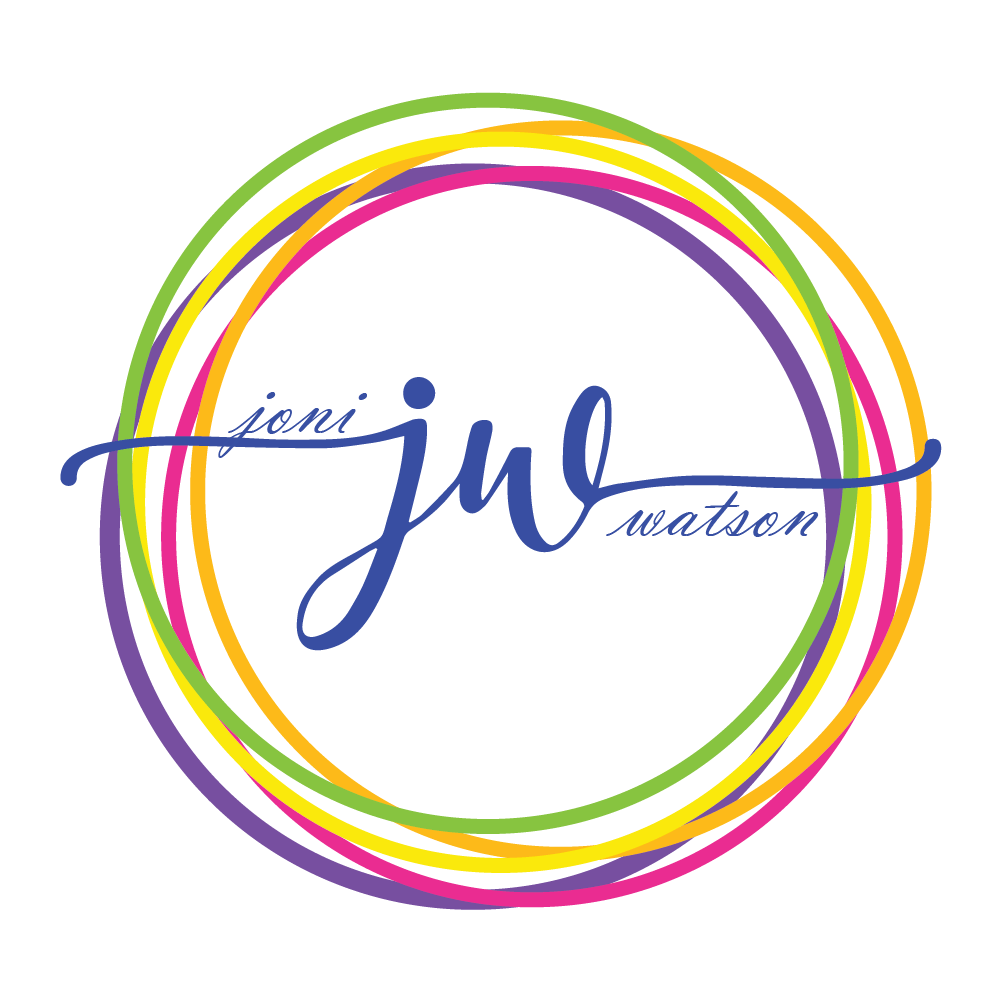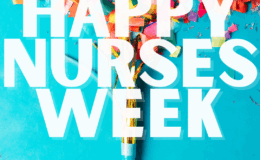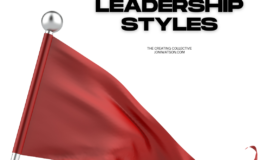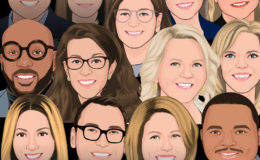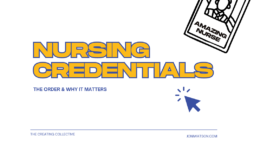This is part 18 of the Nursing Research Challenge. I have referenced this article quite a bit lately in scholarly presentations.
The Article: Dolce, M. (2011). The Internet as a source of health information: Experiences of cancer survivors and caregivers with healthcare providers. Oncology Nursing Forum, 38(3): 353-359.
Big Idea: This qualitative, descriptive study examines how healthcare relationships change among 448 cancer survivors and caregivers utilizing the Internet as a source of healthcare information. Dr. Dolce examined a chronic disease-specific 2006 Pew Internet and American Life Project data set. Both survivors and caregivers and healthcare professionals journaled their experiences around relationships and using the Internet as a health resource. The comments were then clustered together to reveal themes among the two groups.
Survey Says!: Two themes recurred among the two groups – disenchantment – numerous emotions from “failed expectations related to evidence-based practice, clinical expertise, informational support, and therapeutic interpersonal communication” (p. 355) – and exercising power via “patterns of collaboration, confrontation, becoming expert, and endorsement” (p. 356). Cancer survivors and caregivers turned to the Internet most often for education, evidence-based guidelines, and a chance to either share their own stories or learn from the stories of others via blogs and social networks.
Quotable: “Little is known about how the Internet as a source of health information and resources is changing healthcare relationships in cancer survivorship” (p. 353).
“Well-informed survivors report increased confidence in their interactions with healthcare providers and greater engagement in care decisions as evidenced by asking more questions, requesting tests and treatments, and being better prepared for discussions [references]. Empowering behaviors such as bringing information from online searches to the clinical encounter and questioning healthcare providers have been perceived by both survivors and healthcare providers as challenging the boundaries of medical expertise [references]” (p. 353).
“Use of the Internet and its impact on healthcare relationships during survivorship are considered essential content and must be incorporated into healthcare professions’ curricula. Building on The Essentials of Baccalaureate Education for Professional Nursing Practice (AACN, 2008), curricula should include virtual learning experiences such as immersion in online communities and moderating online cancer support groups” (p. 358).
So What?: With the rise of “e-patients,” it is imperative nurses and other healthcare professionals understand patients’ and caregivers’ Internet usage as well as how it impacts the healthcare relationships. Dr. Dolce shares numerous qualitative excerpts to solidify major points, which may be beneficial to healthcare professionals’ future understanding of patients turning to the Internet as a source of health information. While the article content is definitely meaningful and relevant to many of us, the article is worth a read for its methodological discussion, as well. Dendrogram utilization and Krippendorff’s thematic clustering technique – it’s a five-minute qualitative research statistics course. Thank you, Dr. Dolce, for researching such an important issue.
